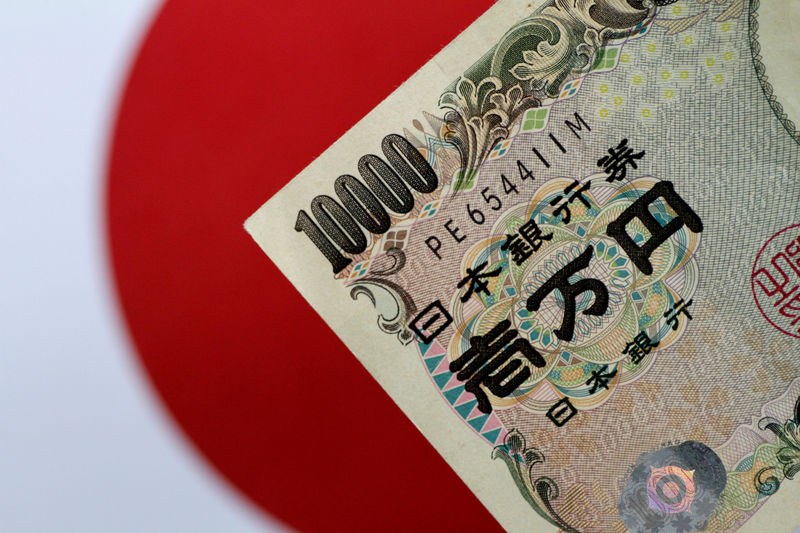
The dollar firmed in Asian trade, seeing more inflows as uncertainty before the Fed and somewhat dovish signals from the BOJ kept markets biased largely towards the greenback.
The yen weakened sharply after the BOJ’s first rate hike in 17 years, with the USDJPY pair surging as far as 150.
The BOJ raised interest rates by 0.1%, bringing them to neutral territory after nearly a decade of negative rates. The bank also signaled an end to its yield curve control and asset purchase policies.
But the central bank also said that uncertainty over the Japanese economy will keep monetary conditions largely accommodative for the “time being.” Its rate hike on Tuesday, while historic, also marks only a marginal move away from its ultra-dovish stance.
This notion dented the yen, as the main point of pressure on the Japanese currency- high U.S. interest rates- remained unchanged.
The Australian dollar also retreated on Tuesday, with the AUDUSD pair falling 0.4% after the Reserve Bank of Australia kept interest rates steady, but struck a less hawkish tone than markets were expecting.
The RBA did not offer an explicit warning that interest rates could rise higher to combat sticky inflation, and instead offered largely vague cues on monetary policy remaining tight to offset high price pressures.
The dollar index and dollar index futures rose about 0.2% in Asian trade, hitting a near two-week high in anticipation of a Fed decision on Wednesday.
While the central bank is widely expected to keep interest rates steady, traders were on guard over a more hawkish than feared stance, especially following hotter-than-expected inflation readings for the past two months.
Fears of the Fed kept most other Asian currencies trading weaker on Tuesday. The rate-sensitive South Korean won’s USDKRW pair rose 0.1%, as did the Singapore dollar’s USDSGD pair.
The Indian rupee was flat, but the USDINR pair was seen creeping closer to the 83 level, which puts the rupee in sight of record lows.
The Chinese yuan’s onshore USDCNY pair traded sideways, but remained in sight of the 7.2 level following middling readings on the Chinese economy. The offshore yuan’s USDCNH pair traded well above the 7.2 level, indicating negative sentiment towards the Chinese currency.
To read the full article, Click Here
